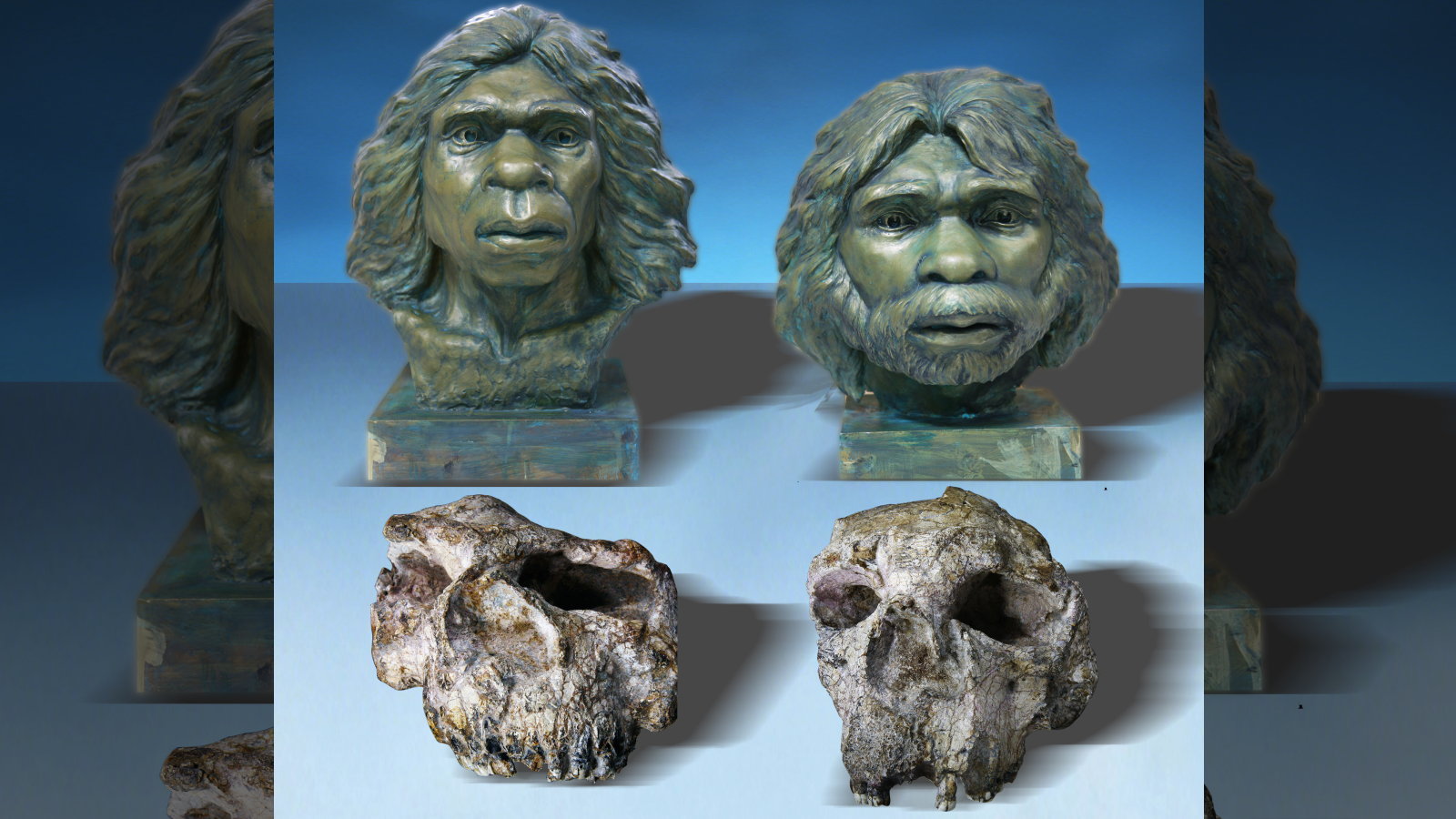Weight-Loss Supplement May Induce Mania in Certain People

Get the world’s most fascinating discoveries delivered straight to your inbox.
You are now subscribed
Your newsletter sign-up was successful
Want to add more newsletters?

Delivered Daily
Daily Newsletter
Sign up for the latest discoveries, groundbreaking research and fascinating breakthroughs that impact you and the wider world direct to your inbox.

Once a week
Life's Little Mysteries
Feed your curiosity with an exclusive mystery every week, solved with science and delivered direct to your inbox before it's seen anywhere else.

Once a week
How It Works
Sign up to our free science & technology newsletter for your weekly fix of fascinating articles, quick quizzes, amazing images, and more

Delivered daily
Space.com Newsletter
Breaking space news, the latest updates on rocket launches, skywatching events and more!

Once a month
Watch This Space
Sign up to our monthly entertainment newsletter to keep up with all our coverage of the latest sci-fi and space movies, tv shows, games and books.

Once a week
Night Sky This Week
Discover this week's must-see night sky events, moon phases, and stunning astrophotos. Sign up for our skywatching newsletter and explore the universe with us!
Join the club
Get full access to premium articles, exclusive features and a growing list of member rewards.
The weight-loss supplement garcinia cambogia may have the unwanted side effect of inducing mania, which is a feeling of an abnormally high level of energy, agitation and euphoria, according to a recent report of three separate cases.
In each case, the patient became manic while taking the over-the-counter supplement, and the doctors who treated the patients came to suspect that the supplement played a role, according to the report, published in April in the journal The Primary Care Companion for CNS Disorders. Mania can be harmful if it leads someone to take part in risky behaviors.
Despite an increase in popularity in recent years, garcinia cambogia has not really been on psychiatrists' radar as a possible trigger of mania, said Dr. Brian Hendrickson, a psychiatry resident at New York Presbyterian Hospital and the lead author of the report. [Wishful Thinking: 6 'Magic Bullet' Cures That Don't Exist]
Indeed, it wasn't until the doctors saw all three patients, over the course of a six-month period, that the physicians realized garcinia cambogia may have played a role, Hendrickson told Live Science.
Although the doctors can't definitively confirm that garcinia cambogia caused each person's mania, all of the patients had been taking the supplement regularly for several weeks before their symptoms began, Hendrickson said. Because there are many mechanisms that can cause mania, and often, multiple mechanisms are at play, it is difficult to single out a sole cause, the report said.
All of the patients were stable and had generally positive moods before the mania began, according to the report. When they became manic, they experienced common symptoms of mania such as a decreased need for sleep, irritability, excessive spending and "pressured speech," meaning they spoke very quickly and frenziedly, according to the report.
Interestingly, the three patients all had different baseline levels of risk of developing mania before they began taking the supplements, Hendrickson said. One patient had no history of psychiatric illness, according to the report. In the two other cases, however, the patients had previously been diagnosed with bipolar disorder: One patient had bipolar I disorder, and the other had bipolar II disorder. (In both types of bipolar disorder, people experience large shifts in their moods; however, people with bipolar I disorder have manic episodes, whereas people with bipolar II disorder experience a less extreme form of mania, called "hypomania.")
Get the world’s most fascinating discoveries delivered straight to your inbox.
In patients with bipolar disorder, taking certain substances may increase the risk of mania. For example, a type of antidepressant called a selective serotonin reuptake inhibitor (SSRI) has been linked to manic episodes in people with bipolar disorder, Hendrickson said. SSRIs work by increasing the amount of serotonin, a neurotransmitter, that's available in the brain. It's not entirely clear, however, that this increase of serotonin is what is causing the mania, Hendrickson added.
Garcinia cambogia may also increase the amount of serotonin available in a person's brain, Hendrickson said. A few studies, including one in rats, have suggested that the active ingredient in the supplement, a chemical called hydroxycitric acid, may affect serotonin levels, Hendrickson said.
For example, a 2014 case report in the Journal of Medical Toxicology described a patient who developed a condition called serotonin toxicity after taking garcinia cambogia along with the SSRIs she had been prescribed. In serotonin toxicity, a person's serotonin levels become dangerously high.
Hendrickson noted that in each of the three cases in the new report, the mania went away after the patients stopped taking garcinia cambogia. However, because they were also taking medications to treat the mania at the same time, it's not entirely clear that stopping the garcinia cambogia also stopped the mania, he added.
Although there is some evidence that taking garcinia cambogia may help people lose weight, the evidence is not robust, Hendrickson said. Considering that the supplement may induce mania, Hendrickson said, the question is whether doctors should be recommending it when it's also unclear how well it works.
Originally published on Live Science.

 Live Science Plus
Live Science Plus











